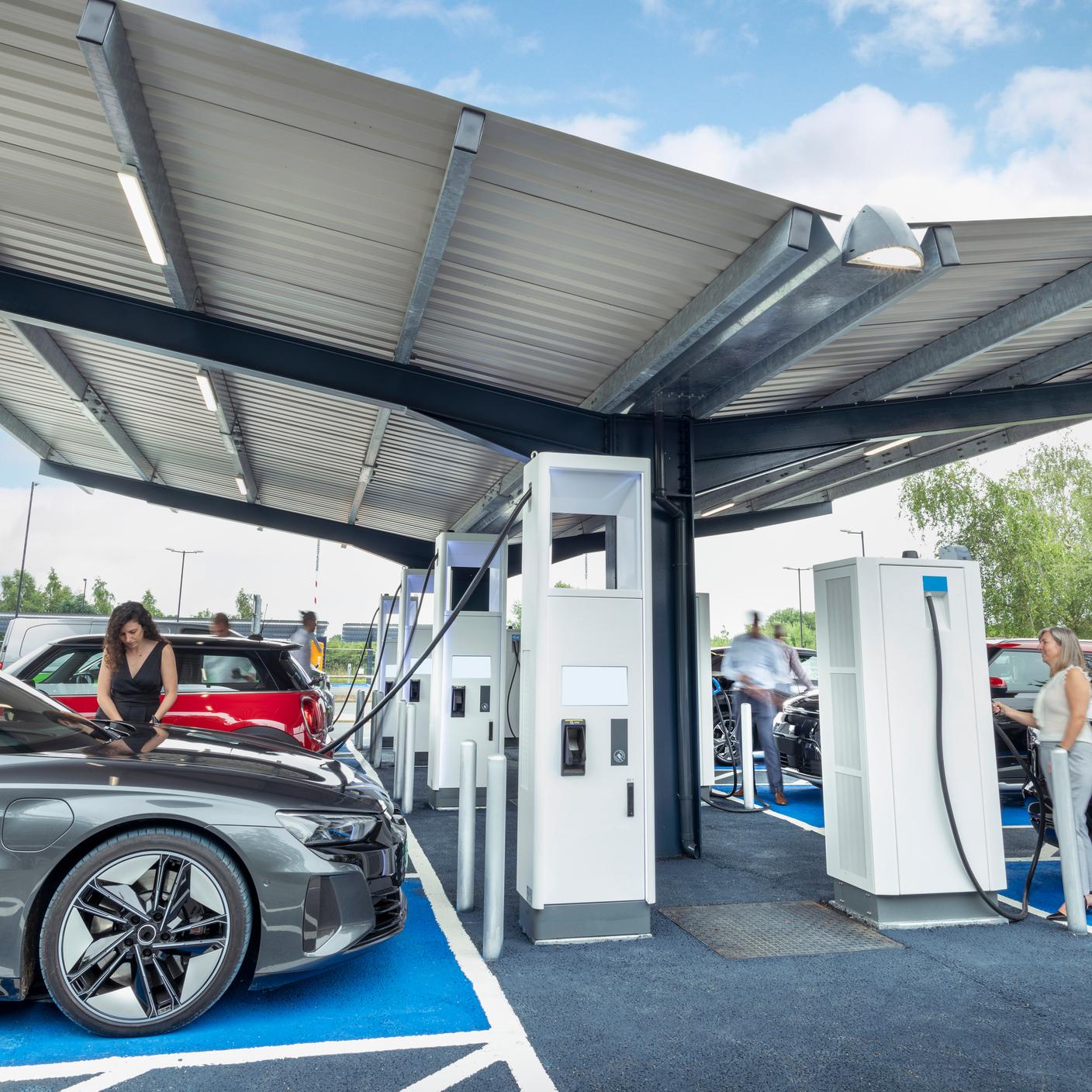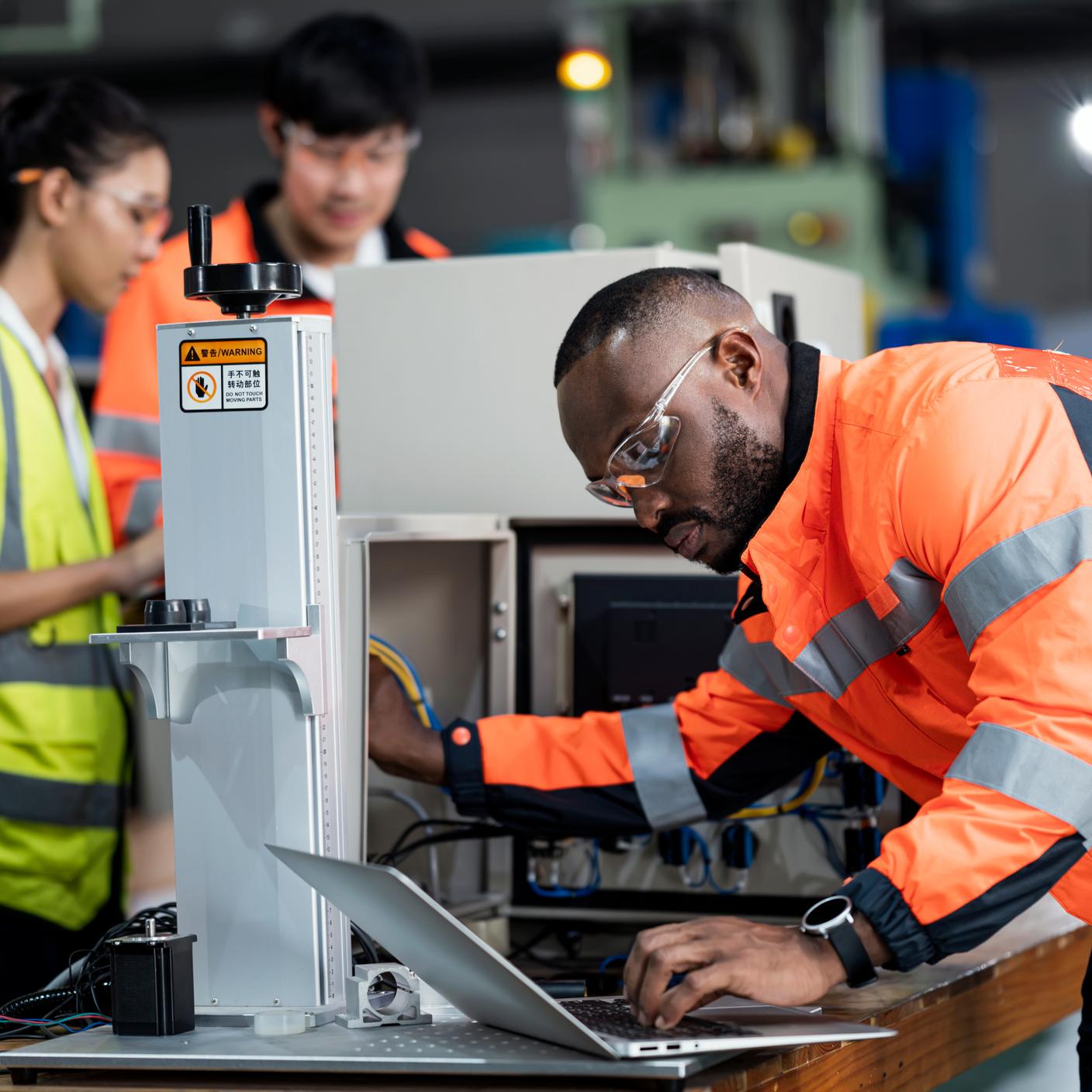Manufacturing Better British Batteries
As the push to achieve net-zero emissions gains momentum, there is a growing need for electrification and advanced battery technologies to support a decentralized energy system. These battery innovations will play a crucial role in helping organizations and countries decarbonize their energy systems and achieve their environmental goals.
The Faraday Battery Challenge aims to create a world-class scientific, technology development and manufacturing capability for batteries in the UK. It supports battery innovators in manufacturing low-carbon storage solutions with a £541 million investment between 2017–2025. It was launched to give battery innovators the support they need to manufacture low-carbon storage solutions.
The initiative is working towards cost-effective, high-performance, durable, and recyclable batteries. To achieve this goal, various institutions, including the Faraday Institution, UK Research and Innovation (UKRI), and BSI, are collaborating. Their aim is to quickly bring solutions to the market, supporting the growth of an emerging battery manufacturing industry.
Extending the Faraday Battery Challenge for a Greener Future
Originally scheduled to finish in 2022, the Faraday Battery Challenge has been granted an extension, now running until 2025. This additional three-year period allows the initiative to focus on driving innovation in the battery sector. It will provide valuable research, pilot projects, and standards, all aimed at ensuring that UK-manufactured batteries meet high quality and performance standards.
The initiative has set ambitious goals for battery development, aiming to create batteries that have a longer range, are cost-effective for mass production, charge to capacity faster, have a longer lifespan, manage increased performance, and are safe and sustainable throughout the entire manufacturing process.
Through these efforts, the initiative seeks to revolutionize the battery industry and contribute to a greener, more sustainable future.
Batteries are Essential for Renewable Energy Storage
There is a surging demand for batteries to meet electrification needs, including grid flexibility and the use of distributed energy resources (DERs). The Europe Battery Market Outlook 2027 report by Bonafide Research projects a significant market increase of approximately $28 billion between 2016 and 2027. The growing demand is driven by several factors:
- Clean Energy Transition: Batteries are crucial for adopting electric vehicles and renewable energy storage, supporting cleaner energy systems
- Climate Change Goals: Advancements in battery technology help reduce carbon emissions, supporting global efforts to combat climate change and achieve net-zero goals
- Energy Security: Domestic battery manufacturing enhances energy security by reducing reliance on imports
- Economic Growth and Jobs: Developing battery technologies creates economic growth and job opportunities
- Technological Leadership: Leading in battery innovation boosts a nation's competitiveness and attracts investments
- Energy Storage Solutions: The challenge addresses energy storage challenges for integrating renewable energy into the grid
- Sustainable Transportation: Focus on electric vehicles contributes to sustainable transportation and cleaner cities
- Addressing Energy Storage Challenges: Integrating renewable energy sources into the grid requires effective energy storage solutions. The Faraday Battery Challenge addresses these challenges, contributing to the stability and reliability of the energy system.
To achieve this, UK manufacturers require a pathway to swiftly bring their products to the market while ensuring quality, safety, and environmental standards are met. Emphasizing standards and best practices is vital for driving battery industry innovation and success.
Leading the Charge for Better Standards
BSI is leading the standards program for the Faraday Battery Challenge, addressing challenges and gaps in battery manufacturing. We're developing a strategic roadmap to support the UK's battery industry at various stages and applications.
Since 2019, our work has included:
- Workshops and research on current standards
- Three Publicly Available Specifications (PAS);
- Electric Vehicles (PAS 7060)
- Batteries for Vehicle Propulsion Electrification (PAS 7061)
- Electric Vehicle Battery Cells (PAS 7062)
- A strategic roadmap for future standards and standards uptake.
We will be sharing updates on our work in each area along with links to consultation work. The publication of the PAS will also be made available.





